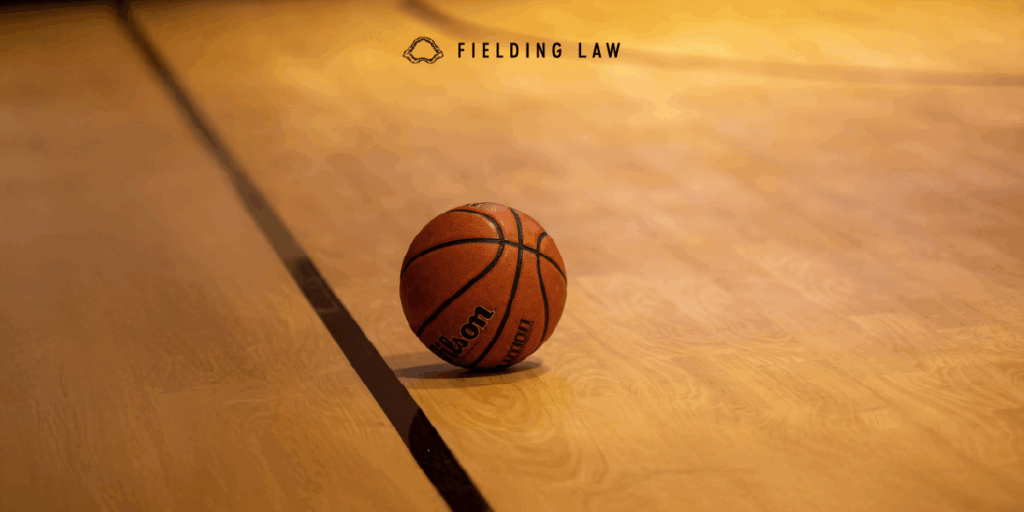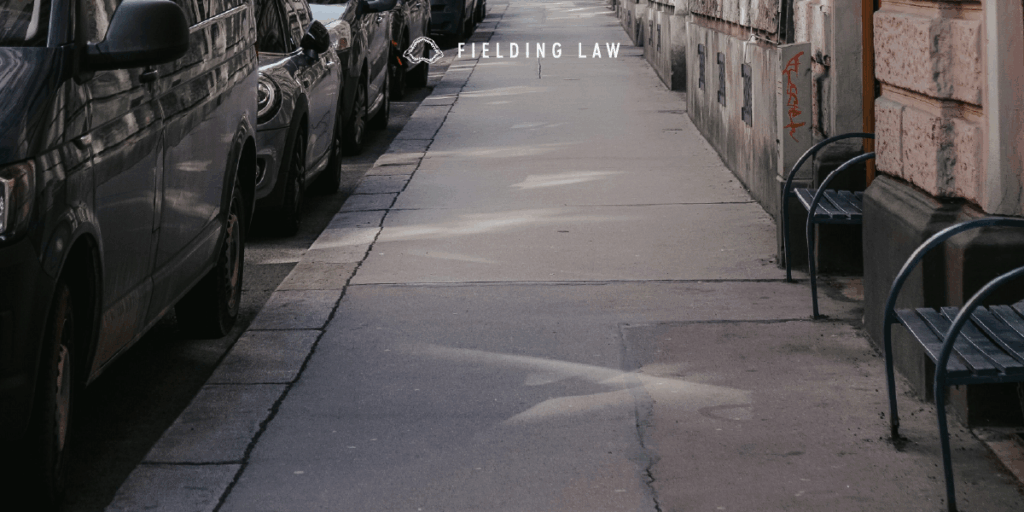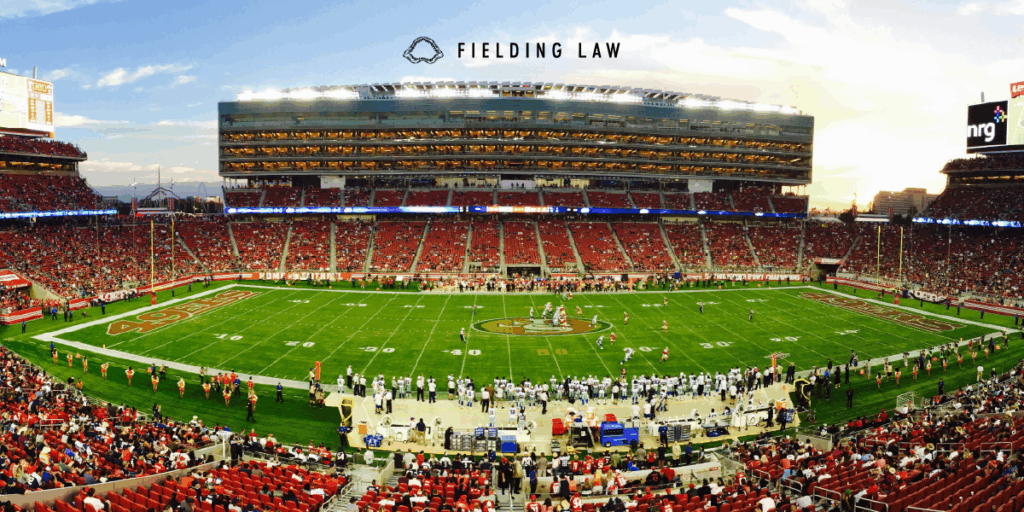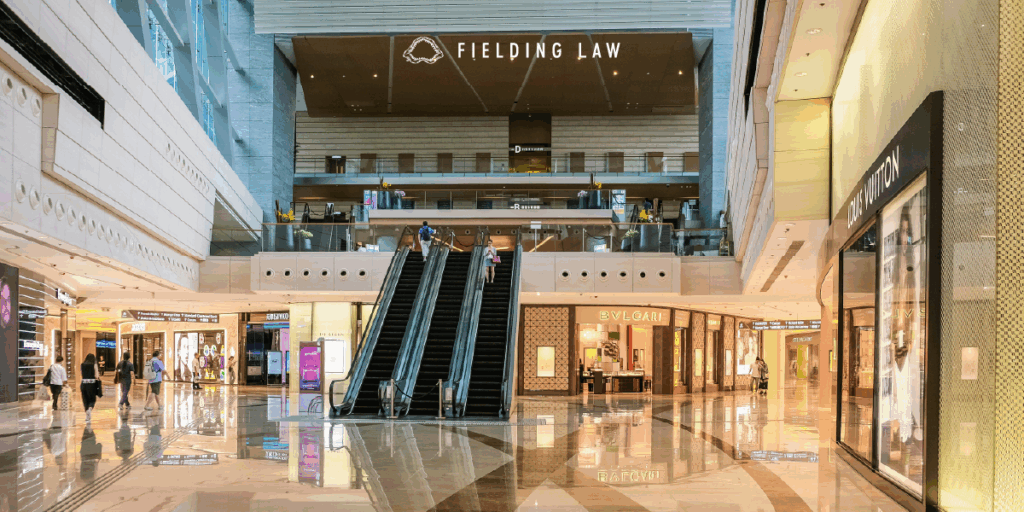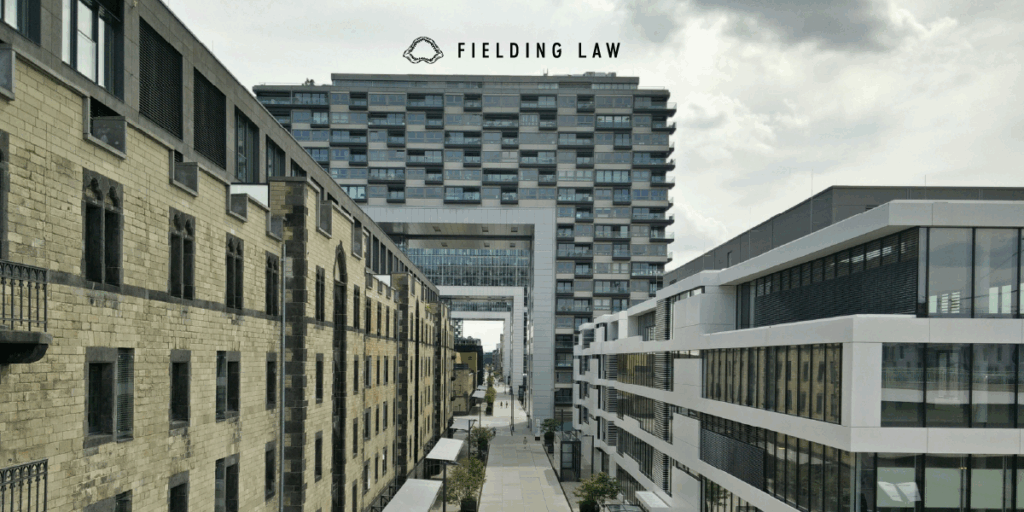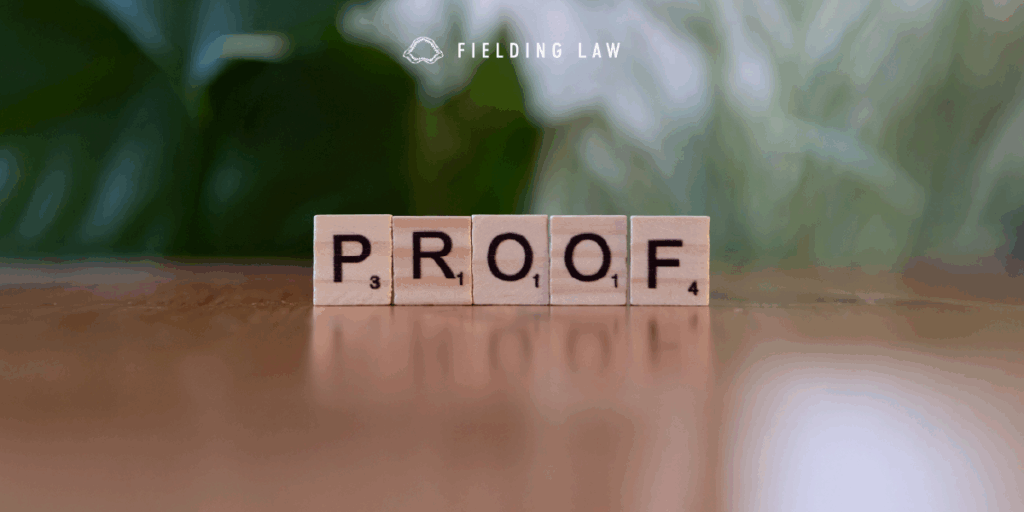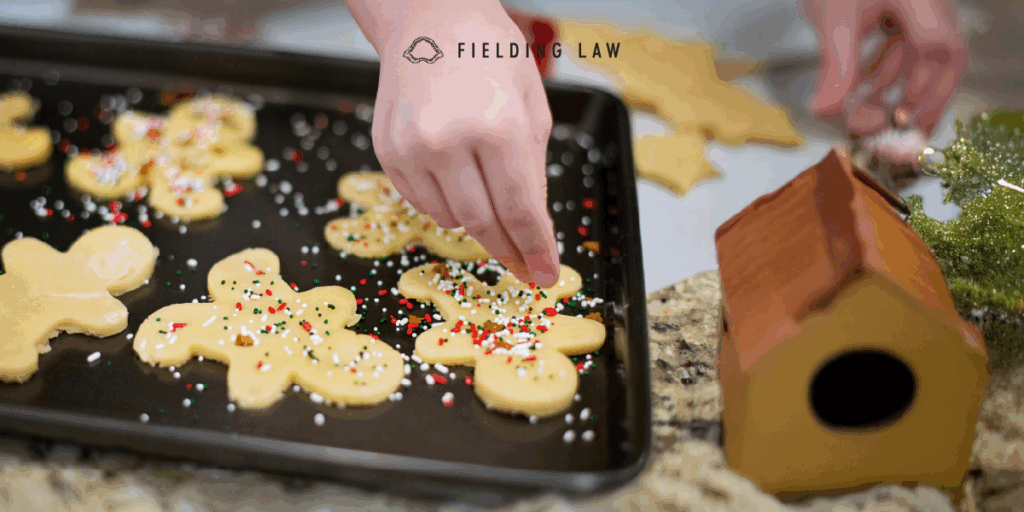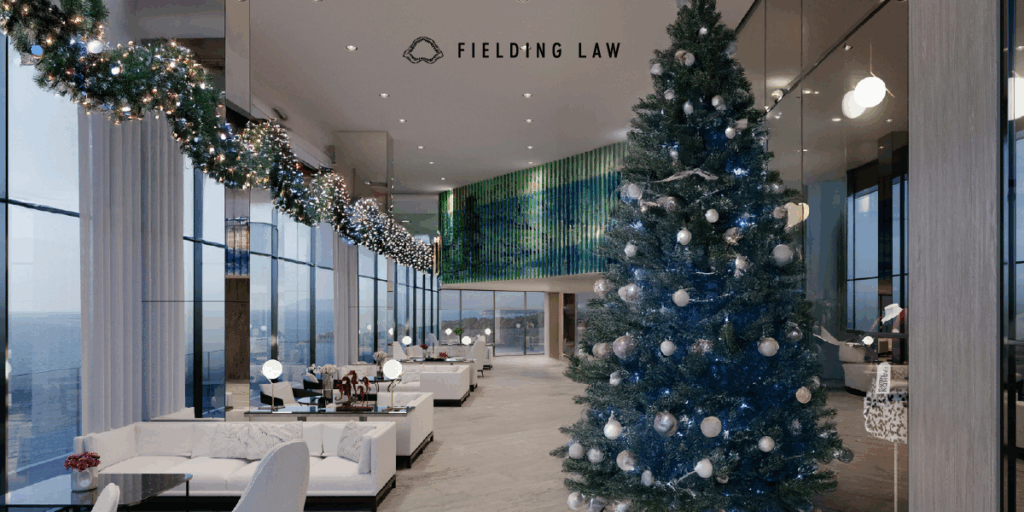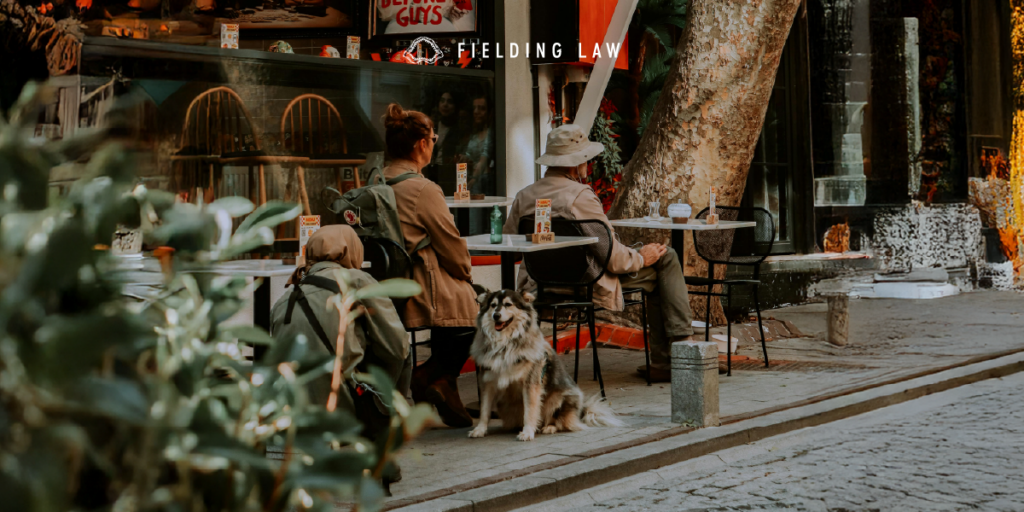
Can Businesses Be Liable for Dog Bites?
Dog bites can cause lasting injuries, both physical and emotional. While dog owners are usually responsible for their pet’s actions, businesses that allow dogs on their premises may also share liability under certain circumstances. In California and Arizona, premises liability laws can make property owners or businesses partially responsible when a visitor is hurt by a dog on their property.
California Dog Bite Laws
California follows a strict liability rule for dog owners. This means that an owner is legally responsible if their dog bites someone in a public place or lawfully on private property. However, businesses in California may also face business liability for dog bites if:
-
They permitted dogs on their property knowing the potential risks
-
They failed to post warnings about dogs being present
-
Their negligence contributed to the incident, such as allowing aggressive animals in crowded areas
For example, if a café invites customers to bring dogs onto the patio but does not provide proper safety measures, the business may share fault if a bite occurs.
Arizona Dog Bite Laws
Arizona also imposes strict liability on dog owners, holding them responsible when a bite happens in a public place or when the victim has a legal right to be on private property. Businesses in Arizona, like in California, may face business liability for dog bites if they created unsafe conditions by allowing dogs on their premises.
Arizona courts can consider whether:
-
The business knew or should have known the dog was dangerous
-
Reasonable precautions were ignored
-
The injured person was legally present at the time of the attack
Shared Responsibility in Dog Bite Cases
Both states allow for comparative fault, meaning liability may be shared between multiple parties. In a dog bite case on a business property, responsibility could fall on:
-
The dog’s owner for failing to control their pet
-
The business for not taking steps to protect customers or guests
-
Other parties involved in maintaining the premises
Because these cases can be complex, it is important for victims to speak with an experienced attorney.
Why Hire Fielding Law
At Fielding Law, we understand how devastating dog bite injuries can be. Our caring and capable team helps clients in California and Arizona hold negligent parties accountable. Whether the responsibility lies with a dog owner, a business, or both, we fight to recover the compensation our clients deserve for medical bills, lost wages, and pain and suffering.
If you or a loved one has been injured in a dog bite incident on business property, call 833.88.SHARK or contact Fielding Law today.
Note: Information provided is for educational purposes and does not constitute legal advice. Always consult with a qualified attorney for legal concerns.
